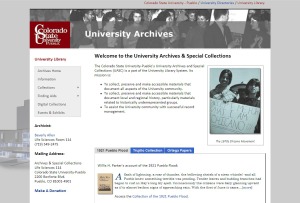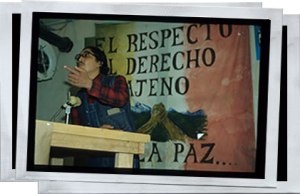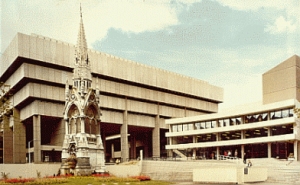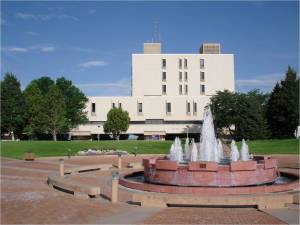I read Farewell to the Printed Monograph (http://www.insidehighered.com/news/2009/03/23/michigan) in Inside Higher Ed today with a fair bit of sadness. And a little skepticism. I do understand the economic reality that is prompting this announcement but I have a couple of concerns:
1. I haven’t met anyone yet who actually prefers to read an entire monograph on a computer screen, Kindles not withstanding. Sure, there are good reasons why a Kindle or other similar device is useful; like when traveling or reading in bed at night. And yes, electronic texts are useful for adaptive technology and also for full-text searching. But for regular cover to cover reading of a monograph, given the choice, most of our patrons have indicated they still prefer print.
2. I am concerned about the price ramifications of this announcement. Especially the following excerpt: “In terms of pricing, Sullivan said that Michigan planned to develop site licenses so that libraries could gain access to all of the university press books over the course of a year for a flat rate. While details aren’t firm, the idea is to be “so reasonable that maybe every public library could acquire it.”
Many small academic libraries will not be able to afford a site license for all the press e-books over the course of a year. We have never been able to afford approval plans here and even the larger university libraries are cancelling their approval plans. Especially since this would require an annual fee. In essence, libraries would gain access to more monographs, many of which fall outside of their normal collecting policies, but would have to pay every year to maintain this access – all to get the particular monograph that was desired. This also implies that perpetual ownership will only be offered as an extra charge. Unless the option exists to purchase perpetual ownership of an individual title, smaller libraries will lose access to a large portion of scholarly monographs using this model.
Furthermore, the time and expense to small academic libraries in negotiating the many licensing options and facilitating access to ebooks offered on many different search platforms may prove to be a barrier. We have already gone through this process with electronic journals. First academic libraries purchased aggregator databases, then journal packages, and now individual ejournal titles.
I highly suggest that presses study what has worked and not worked for delivery of ejournals and adopt a standard pricing model and delivery platform for academic ebooks that makes it possible for all academic libraries, large or small, to participate.
Filed under: licensing, Publishing | Leave a comment »








